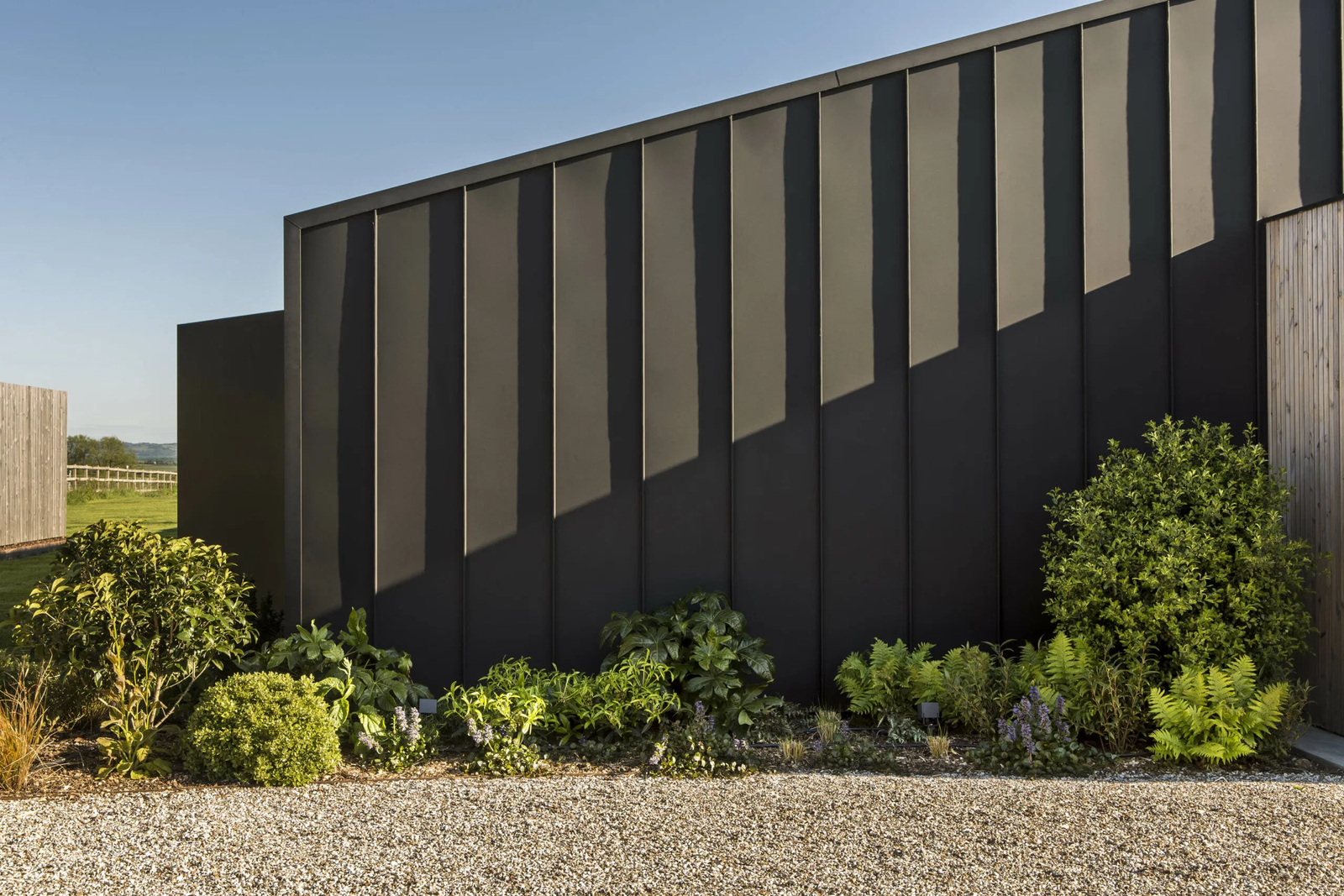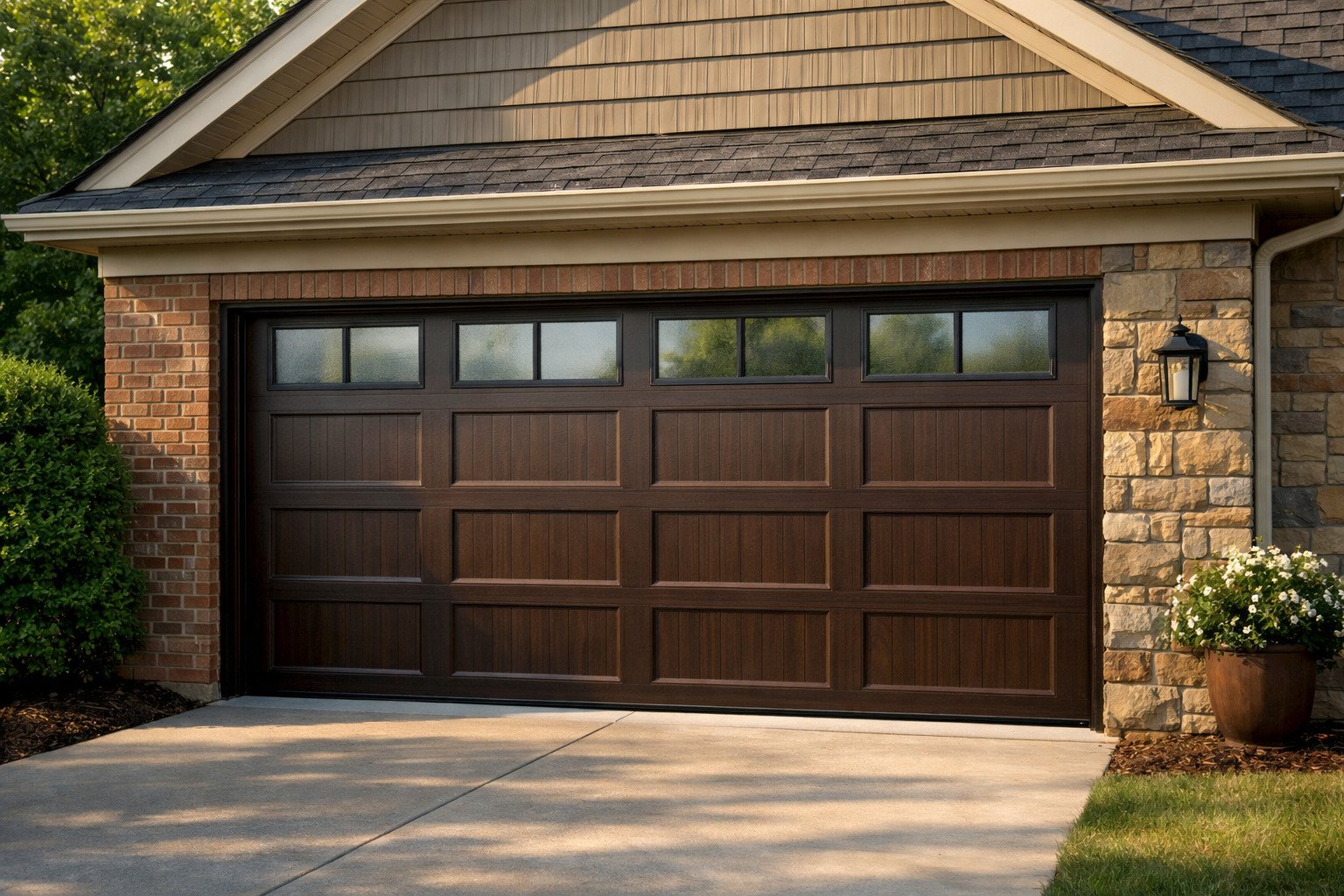When it comes to home improvements in Bournemouth, cladding is a popular choice for homeowners looking to enhance the appearance and energy efficiency of their property. Whether you live near the coast or inland, the right cladding can provide protection from the elements, improve insulation, and give your home a fresh, modern look. However, with so many materials available, choosing the best cladding for your Bournemouth property can feel like a daunting task.
In this blog, we’ll guide you through the factors you need to consider when selecting cladding materials, the types of cladding available, and how to make an informed decision that meets your aesthetic, functional, and budgetary needs.
What Is Cladding?
Before diving into how to choose the best cladding, let’s clarify what it is. Cladding refers to the external material applied to the walls of a building. It serves several functions, including protecting the structure from the elements, improving thermal performance, enhancing aesthetics, and contributing to the overall energy efficiency of the home.
Cladding can be made from a range of materials, including timber, metal, stone, uPVC, composite, and more. In Bournemouth, where coastal conditions can be tough on properties, selecting the right cladding material is crucial for both long-term durability and performance.
Why Choose Cladding for Your Bournemouth Property?
In Bournemouth, a coastal town known for its scenic views, historic properties, and modern homes, cladding in Bournemouth serves a number of purposes:
- Weather Protection: The salty sea air can cause damage to homes over time. Cladding acts as a protective barrier, shielding your property from moisture, wind, and temperature fluctuations.
- Enhanced Aesthetics: Whether you’re updating an older property or looking to improve a modern design, cladding can completely transform the look of your home.
- Energy Efficiency: Proper cladding can significantly improve your home’s insulation, reducing energy consumption and keeping your home warmer in winter and cooler in summer.
- Low Maintenance: Compared to traditional building materials, cladding typically requires less upkeep, making it a practical option for busy homeowners.
Factors to Consider When Choosing Cladding Materials for Your Bournemouth Home
Choosing the right cladding material isn’t just about aesthetics; it’s also about how the material will perform in Bournemouth’s specific environment. Here are some key factors to consider when making your decision:
1. Coastal Climate and Weather Resistance
Living by the coast in Bournemouth means your property is exposed to salty air, strong winds, and variable weather conditions. Materials that are resistant to corrosion and decay are crucial in protecting your home.
- Metal cladding (such as aluminum or steel) is highly durable and resistant to corrosion but may need to be treated with a protective coating.
- Timber cladding can offer a natural, beautiful finish but requires regular maintenance, such as sealing and staining, to protect it from moisture and salt damage.
- Composite cladding, a blend of wood fibers and synthetic materials, provides excellent resistance to the elements without the need for constant upkeep.
2. Aesthetic Preferences
Your home’s style should influence your cladding choice. Bournemouth has a mix of traditional, contemporary, and modern homes, each with its own character.
- Timber cladding suits coastal homes, countryside cottages, and rustic properties. It adds warmth and texture, giving a natural appearance that complements the environment.
- uPVC cladding is a more modern and cost-effective choice, offering a clean, sleek look. It’s a great option for contemporary homes or properties in more urban parts of Bournemouth.
- Composite cladding combines the best of both worlds, offering the appearance of timber with enhanced durability and minimal maintenance.
3. Thermal Insulation
Bournemouth’s coastal location means temperatures can fluctuate, requiring properties to be properly insulated to keep heating and cooling costs under control. Cladding can be a great way to improve your home’s insulation, which helps you save money on energy bills.
- Cladding with integrated insulation, such as composite panels or insulated render systems, can significantly reduce heat loss in winter and keep your home cool in summer.
- Timber cladding provides natural insulation, but additional insulation layers may be needed if you’re looking to increase energy efficiency.
4. Maintenance Requirements
Some cladding materials require more maintenance than others, which may impact your long-term costs. In a seaside environment like Bournemouth, this is an important consideration.
- uPVC and composite cladding are virtually maintenance-free. These materials resist fading, staining, and weathering, making them a low-maintenance option.
- Timber cladding, while beautiful, requires more upkeep. It needs to be treated regularly to protect against rot, mold, and weathering, especially in coastal conditions.
- Metal cladding, such as aluminum or steel, may require periodic re-coating to prevent corrosion, especially near the coast.
5. Durability and Longevity
Durability is a key factor when selecting cladding, particularly in a location like Bournemouth, where properties face salt exposure and harsh weather conditions. You’ll want to choose a material that can withstand these challenges.
- Composite cladding tends to have a long lifespan, offering excellent durability with minimal maintenance.
- Metal cladding is very durable and resistant to external elements but may require some maintenance to prevent rust, especially if not treated properly.
- Timber cladding is less durable than composite or metal options, particularly if not maintained regularly.
6. Budget
The cost of cladding materials varies greatly depending on the material you choose, your property’s size, and the installation process.
- uPVC cladding is often the most affordable option, making it ideal for homeowners on a budget.
- Timber cladding is moderately priced but can become costly due to regular maintenance requirements over the years.
- Composite cladding is more expensive upfront but offers excellent value in the long term due to its low maintenance and high durability.
Types of Cladding Materials for Your Bournemouth Property
Now that you’ve considered the key factors, let’s take a closer look at some of the most popular cladding materials for homes in Bournemouth:
1. Timber Cladding
Timber cladding is a popular choice in coastal areas for its natural, organic look. It offers excellent insulation properties, and with the right treatment, it can withstand the elements. However, it does require regular maintenance, including staining or painting to protect against the elements.
- Best for: Traditional, rustic homes, or properties in rural areas.
- Maintenance: Regular treatment to protect against moisture and salt.
2. uPVC Cladding
uPVC cladding is a cost-effective and low-maintenance option. It’s durable, weather-resistant, and comes in a variety of colours and finishes, allowing for a wide range of design options. It’s also a good insulator, which can help improve energy efficiency.
- Best for: Modern homes or properties with a contemporary design.
- Maintenance: Minimal; occasional cleaning is all that’s needed.
3. Composite Cladding
Made from a blend of wood fibres and synthetic materials, composite cladding is durable, weather-resistant, and requires little maintenance. It mimics the look of timber without the upkeep, making it an excellent option for Bournemouth properties exposed to coastal conditions.
- Best for: Contemporary homes and environmentally-conscious homeowners.
- Maintenance: Low maintenance; occasional cleaning.
4. Metal Cladding
Metal cladding, particularly aluminum and steel, offers sleek, modern aesthetics with exceptional durability. It’s resistant to moisture, corrosion, and wear, making it ideal for coastal regions like Bournemouth.
- Best for: Modern homes, commercial properties, or those seeking a minimalist look.
- Maintenance: Periodic re-coating may be needed to prevent rust.
5. Stone and Brick Cladding
For those looking for a more traditional aesthetic, stone and brick slip cladding offer a timeless, high-quality finish. While more expensive and heavier than other options, stone provides excellent insulation and longevity.
- Best for: Historic homes or properties in conservation areas.
- Maintenance: Minimal; stone naturally withstands the elements.
Conclusion
Choosing the best cladding in Bournemouth depends on a variety of factors, including your budget, aesthetic preferences, the local climate, and the level of maintenance you’re willing to commit to. Whether you opt for the natural beauty of timber, the durability of composite, or the sleek look of metal, the right cladding can enhance your home’s energy efficiency, curb appeal, and long-term value.
Consider consulting with a professional cladding specialist to help you assess your options and select the best material for your property’s needs. By making an informed decision, you can ensure that your home is protected and looks great for years to come.
Need help with choosing cladding materials for your Bournemouth home?
Contact a local cladding specialist to get expert advice and installation services tailored to your needs.











Leave a Reply